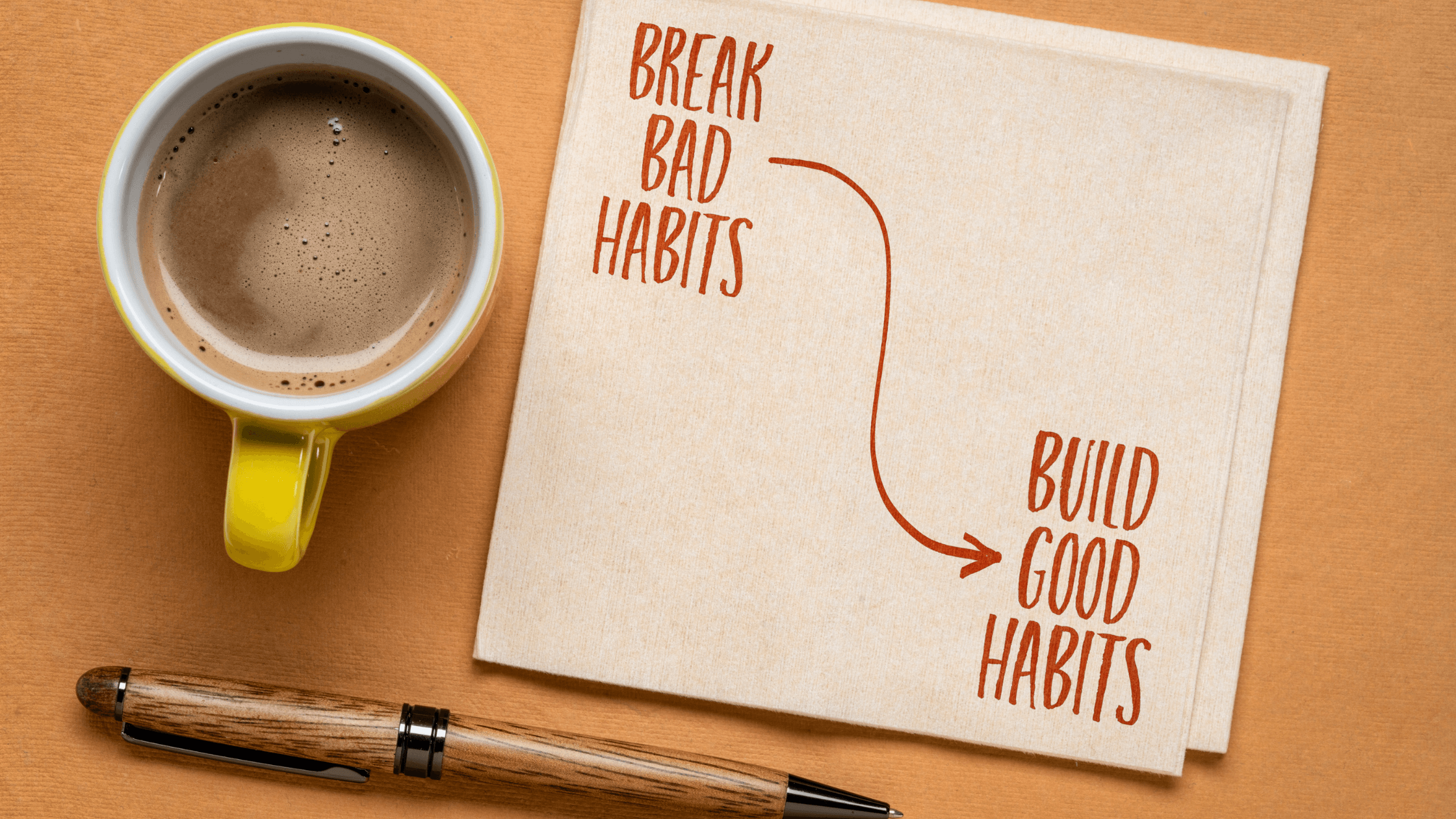
Classic cars crisscrossing the streets. Gorgeous architecture crumbling into decay. An economy struggling to come out of the cold war shadows.
Murray and I had the distinct impression that Havana would have become the Paris of Latin America if the embargo hadn’t pushed the pause button on Cuba’s development over 50 years ago.
A few days into our trip, we had the good fortune to sit down with Humberto Blanco., a Phd economist at the University of Havana to learn a bit more about the country we were visiting, and he laid out his hopeful-yet-realistic plan for what it would take for Cuba to come out of the shadows and enter the world economy…
What he said took me by surprise, and actually turned into a huge business lesson on how an “underdog” can still become a leader if it makes wise decisions…
First of all, here are some numbers. First thing you’ll notice is that they don’t bode well for Cuba.
• Cuba has a tiny population of just 11 million people (compared to the United States with 320 million and China with almost 1.4 billion)
• Cuba has a birth rate of just 1.6 babies per woman, which isn’t enough to even maintain their current population
• Cuba’s economy has been growing at an average rate of less than 3% a year
How can a country that’s so far behind possibly catch up? How can a tiny country of 11 million people compete with economic giants like China and the United States?
It can’t.
But what’s the one thing that every underdog has that can’t be taken away or underestimated?
Answer: its knowledge and its capacity & desire to innovate.
If Cuba wants to grow, Umberto’s vision is that it shift away from a labor-based economy to an innovation-based economy…
It sounds simple enough — but as Umberto went on to say, their biggest challenge to growth is changing people’s habits, behaviors, values, and attitudes that keep them stuck on pause…
When I think about myself and the thousands of entrepreneurs I work with, I realized that our growth arc is very much like Cuba’s.
In the early years of building a business, it’s tempting to think – if I just work harder, then I’ll get ahead. But the truth is, as solopreneurs, we can’t rely on time, labor and hard-work alone to make or break our success. There is only so much time in a day.
If we sell our time by the hour, soon we’ll have nothing left to sell.
The real quantum leap in business comes from harnessing your knowledge to create value and innovation that no one else can.
Innovation can be defined as a “a new method, idea, product, etc.” and it starts with asking questions like:
• What’s one thing you would change about your industry if you could?
• What’s one thing that’s being overlooked by your peers in the industry?
• What new needs will your customers have in the next 3-5 years?
• What opportunities exist that haven’t been developed yet?
• If you were to start your business from scratch today, what would you do to maximize your impact and leverage?
All it takes is one good idea to revolutionize an industry or create an entirely new one.
You could have that idea. Who knows, you may already have that idea. Never underestimate the power of your ideas and vision. You are as unique as a snowflake… and you have the potential to change the world with who you are and what you know.
And as for the Cubans?
Humberto was smiling as he reported that they have already begun to export their innovative biotech and organic farming technology to other Latin American countries. It seems his vision is already taking root.
Love it? Hate it? Let me know...
-
Great article and take away from Professor Umberto’s talk!
-
Thanks! Let me know if you find his last name… 🙂
-
-
So true. Love it! Continue to fertilize ideas, both your own, and those of your readers.
-
Will do… if you keep reading! 🙂
-
-
” I had the distinct impression that Havana would have become the Paris of Latin America if the embargo hadn’t pushed the pause button on Cuba’s development over 50 years ago.”
WTF? Apparently you have been sleepwalking through the sordid and sorrowful history of Communism (a fact of life in Cuba you conveniently left out of your gushing post). I am convinced you social liberals remain willfully ignorant of history and this post proves it. Cuba’s old sponsors in the Soviet Union predicted that one day communist Eastern Europe would surpass Paris as a fashion capital. Didn’t happen, obviously.
Did you happen to visit the jailed political prisoners while you were enjoying your chaperoned trip to the Castro paradise? It’s quite a lovely thing to behold (provided you’re willing to open your eyes).
-
Lol 🙂 I was speaking about the physical beauty of the city with it’s huge boulevards, love of culture and architectural facades… it has a very European feel. Going into a rant about Communism isn’t going to help my readers learn what there is to learn as Cuba moves forward into the future. I personally believe in focusing more on the future, then the past.
-
-
>>>In the early years of building a business, it’s tempting to think – if I just work harder, then I’ll get ahead. But the truth is, as solopreneurs, we can’t rely on time, labor and hard-work alone to make or break our success. There is only so much time in a day.
If we sell our time by the hour, soon we’ll have nothing left to sell.
The real quantum leap in business comes from harnessing your knowledge to create value and innovation that no one else can.>>>
I took this and put it in a large purple font and printed it out to go right above my desk. I’m making a big transition in July, leaving the security of my job and starting my business, and I need to keep remembering this.
-
Yes! Though do keep in mind that sometimes the first step forward is selling your time by the hour to get the feedback and experience you need to innovate, leverage and scale. Congrats on starting your business!
-
-
Marisa, they are some really thought provoking questions that each and every business owners should ask themselves at least twice a year. I know that I will asking them myself plus I will share them with my clients. Thank you for this great post.
-
Thank you for taking this on! I look forward to seeing the innovation…
-
-
Great insight. I marvelled at “the real quantum leap comes rom harnessing your knowledge to create VALUE and INNOVATION that no one else can”. I have that, I always have great ideas, which unfortunately never implement because of procrastination. But from now on,,,from the Cuba lessons I am nevr going to underestimate the power of my ideas. Thank you Marisa.
-
You’re welcome! 🙂
-
-
Nice post. I am impressed with the Professors’s optimism. It will be a long process to change the culture in Cuba. That will also take a wholesale change in the government of Cuba to give the Cuban people hope and belief. That will happen. The Castros will not live forever. We can all learn from the professor’s comments on innovation indeed. Good job Marisa. Be Great! Michael.
-
Thanks Michael. I was impressed with optimism too and yes it is a long path to change…
Apparently since Raul has taken over, they spent 6-months holding public forums around the country to get input from the people on the changes they wanted. I hadn’t heard about that and was impressed about that too…
-
-
Cuba’s internet connectivity is very poor and very expensive. Much opportunity in and around this.
MANY other opportunities exist… 99% likely to need good local language though.-
Many Cubans speak good English… you can always find a partnership.
-
-
Evocative article, Marisa, and the questions are right on point for me as I’m just n the beginning stages of creating an online business. I’ve never thought to even ask what my clients might need in the next 3-5 years. Thanks!
-
You’re welcome… It’s always good to be one step ahead of your customers and one step ahead of the market.
-
-
Marisa,
Highly inspirational! Thanks for sharing.
KS
K.suresh Rao


























Leave a Comment